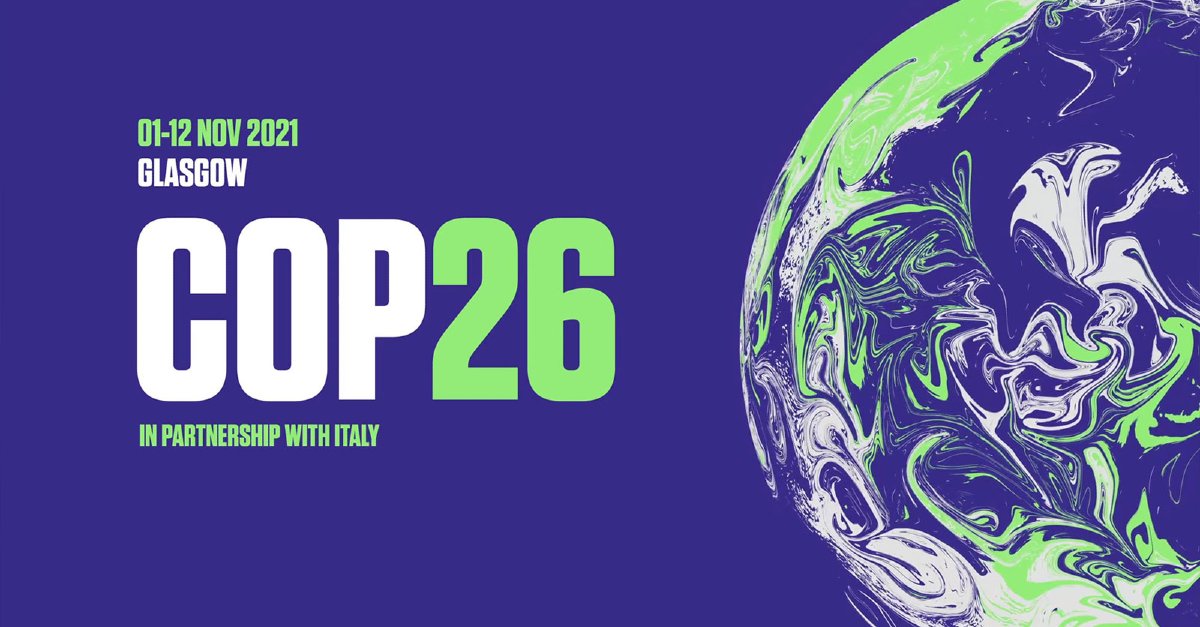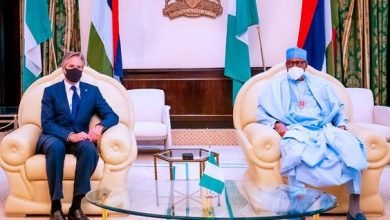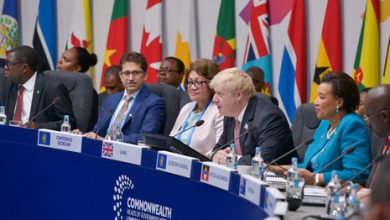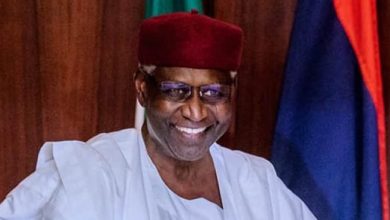Opinion
COP 26: Why The World Must Listen To Africa

By Musa Ilallah
Though the 26th United Nations Climate Change Conference known as COP26 being held in Glasgow, Scotland, United Kingdom between 31 October and 12 November 2021, under the Presidency of Alok Sharma, a British Minister of State and member of UK Parliament will soon come to a close, its memories will remain with us for as long as we can remember.
The conference is the 26th Conference of the Parties, COP to the United Nations Framework Convention on Climate Change, UNFCCC and the third meeting of the parties to the Paris Agreement.
This conference is the first time since COP21 that parties are expected to commit to enhanced ambition towards mitigating climate change. Parties are required to carry out every five years, as outlined in the Paris Agreement, a process colloquially known as the ‘ratchet mechanism’ to give new national pledges.
Originally scheduled to be held in November 2020, the event was postponed for twelve months because of the COVID-19 pandemic that hit the World last year.
To take a look at the famous Paris Agreement which gave rise to the COP summits, Parties to the UNFCCC reached a landmark agreement to combat climate change and to accelerate and intensify the actions and investments needed for a sustainable low carbon future.
The Paris Agreement builds upon the Convention and for the first time, brings all nations into a common cause to undertake ambitious efforts to combat climate change and adapt to its effects, with enhanced support to assist developing countries to do so. As such, it charts a new course in the global climate effort.
The Paris Agreement’s central aim is to strengthen the global response to the threat of climate change by keeping a global temperature rise this century well below 2 degrees Celsius above pre-industrial levels, and to pursue efforts to limit the temperature increase even further to 1.5 degrees Celsius.
Additionally, the agreement aims to increase the ability of countries to deal with the impacts of climate change, and at making finance flows consistent with a low green house gas, GHG emissions and climate-resilient pathway. To reach these ambitious goals, appropriate mobilization and provision of financial resources, a new technology framework and enhanced capacity-building is to be put in place, thus supporting action by developing countries and the most vulnerable countries, in line with their own national objectives.
The Agreement also provides for an enhanced transparency framework for action and support.
The Paris Agreement requires all Parties to put forward their best efforts through “nationally determined contributions” and to strengthen these efforts in the years ahead. This includes requirements that all Parties report regularly on their emissions and on their implementation efforts.
There will also be a global stocktake every five years to assess the collective progress towards achieving the purpose of the agreement and to inform further individual actions by Parties.
The Paris Agreement opened for signature on 22 April 2016 – Earth Day – at UN Headquarters in New York.In his opinion which was widely publicised prior to attending the summit, President Muhammadu Buhari of Nigeria had declared that the global Climate Crisis Will Not be Fixed by Causing an Energy Crisis in Africa.
According to PMB, ‘but because of their serious warnings from the powerful nations, we must not do so rashly. It is an inconvenient truth, but energy solutions proposed by those most eager to address the climate crisis are fuel for the instability of which they warn.’
“For today’s 1.3 billion Africans, access to low-cost and reliable energy is the highest of all possible concerns. This population is estimated to rise to 2.5 billion by 2050. While by 2100 Nigeria alone is projected to have the second largest population on the planet—this ‘great doubling’ has the right to more dependable electricity than their forebears.
“Without extra and stable power, we cannot build the factories that will transform Africa from a low-job, extractives-led economy to a high employment middle-income continent”, added PMB.
It is on record that Nigeria is among a handful of African countries exploring nuclear power, with a research reactor already operational. Nuclear, though not renewable, it is carbon neutral and capable of producing baseload, constant electricity production on which sustained economic progress can be built. In the view of President Buhari, we can also learn from our friends in Europe and America who do not always practice what they preach. We call on them to lift the moratorium they have placed on fossil fuel investments in Africa. Nigeria has pledged to eliminate illegal gas flaring by 2030—a by-product of our oil industry—and harness it for electricity production.
It is the view of experts that Nigeria’s intention to end its single greatest contribution to greenhouse emissions may stall without it. Regrettably however, there are no such limitations on investment in natural gas power in the West where it is considered a transitional energy source.
Indeed as PMB explained “there is a deal to be done at COP26, but none without the agreement of the nations of Africa. The climate warnings we hear them. We live them. But no one has the right to deny the advancement of our continent. Yet unless the developed world wakes up, we run the risk of trying to fix the climate crisis with an energy crisis.”
African nations must remain vigilant and steadfast in not allowing themselves to be lured by the rehtorics of the developed world under whatever guise. A word is enough for the wise.






